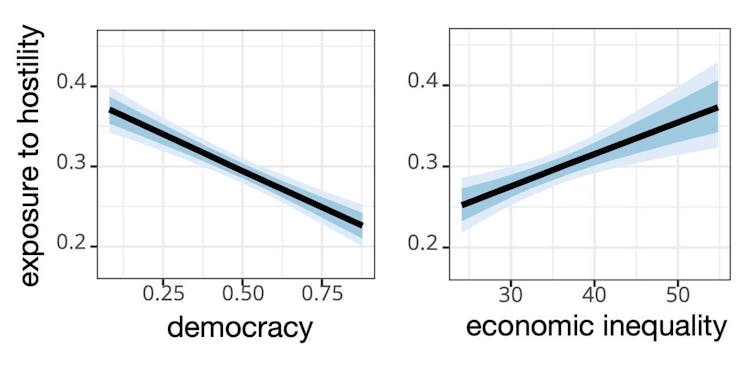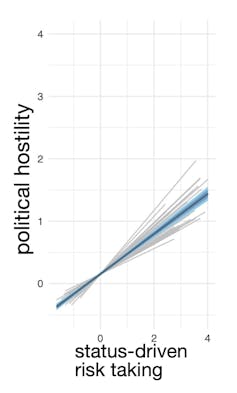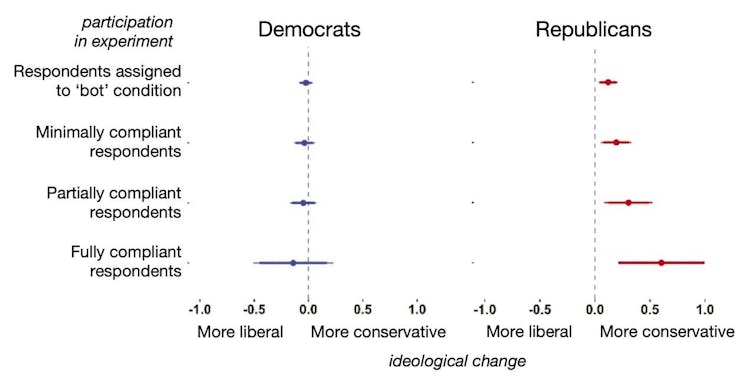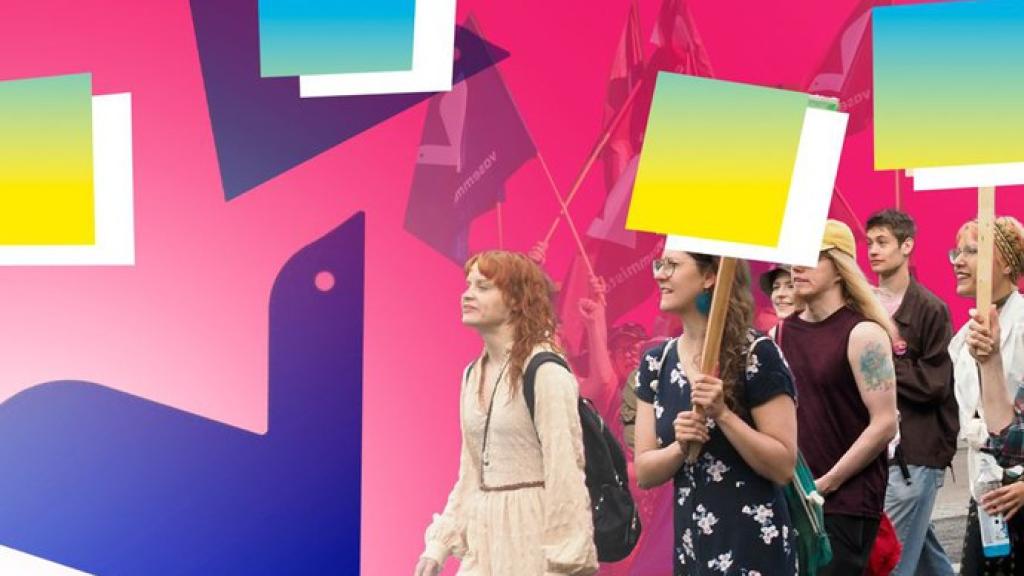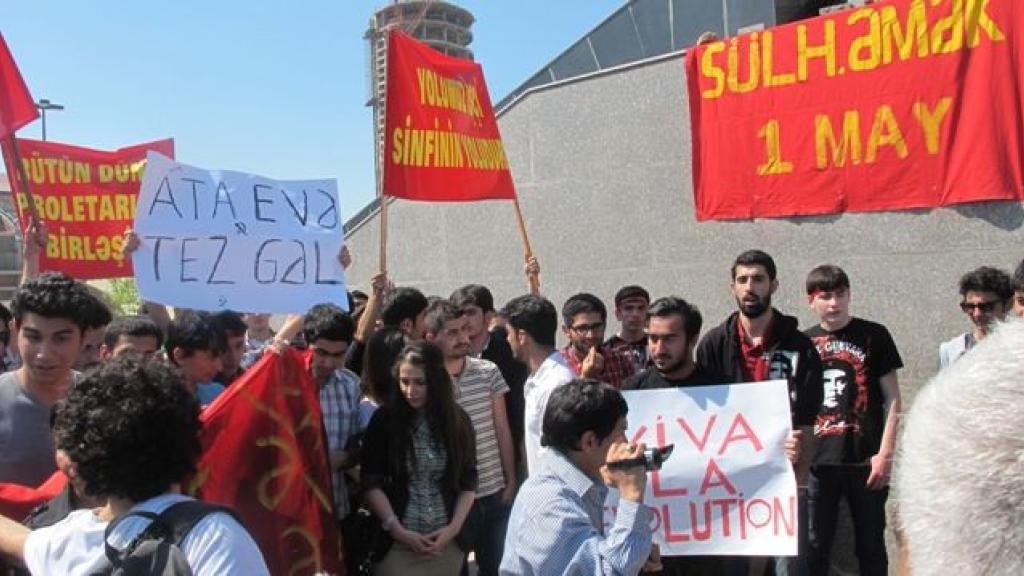“Look at the United States now and what the Israelis are doing in Gaza. A genocidal war to wipe out the Palestinian people… They could stop the war by threatening sanctions and calling on all their EU stooges to do the same.”
Tariq Ali
In Camden Town, a corner of North London well-known to many an Irish exile, Joe Dwyer sat down with the writer, journalist, and political activist, Tariq Ali.
A leading figure of the international left since the 1960s, Ali reflects on his earliest encounters with Ireland’s freedom struggle, his friendship with John Lennon, Ireland’s transition from conflict to peace, and his undiminished desire to see Irish unity.
Joe Dwyer: You came to prominence in the late-60s with the student protests and the anti-Vietnam War movement.
Tariq Ali: The atmosphere was very radical. You had a Labour government in power in Britain, from which much had been expected but which delivered little – I mean, more than these current jokers now running the Labour Party ever will! – but we were very disappointed.
The decisive factor of the sixties was the War in Vietnam. People identified with the Vietnamese, just as today, many people do with the Palestinians. But in a very different framework. In a framework where you thought global change was possible.
I remember going to speak in Belfast in 1969, at Queen’s University, and I was amazed because my Irish comrades had said ‘Tariq, this is Ireland, it hasn’t lit up as yet. So don’t expect too much!’ I went and I thought, you know, you might get 40-50 people. But to my astonishment there were about 400-500 people at Queen’s University.
Joe Dwyer: It was August ‘69.
Tariq Ali: Yes. In 1969 Ireland moved almost in tandem with the anti-Vietnam War movement. The group to which I belonged, the International Marxist Group (IMG), was very internationalist. We had a number of Irish comrades, and some Scottish comrades, who were obsessively– and I mean this in a good way– obsessively concerned with Ireland.
We produced pamphlets and Red Mole (the paper of the IMG). We were a political current that was focussed very strongly on civil liberties. The SWP (Socialist Workers Party) was as well. We worked together on the Anti-Internment League.
Then I did a public meeting in Dublin with Seán Mac Stíofáin. I had very good relations with Sinn Féin. Of course, they knew we disagreed on tactics and all that and the London bombings. But our line then used to be, do the deal, the bombings will stop. It’s true. People never want to know what the causes are. They don’t want to know in Palestine today. I mean, the number of people who don’t like what’s going on but will not open their mouths it was the same in those day with Ireland.
Joe Dwyer: Going through the old issues of Red Mole, it’s staggering that the Red Mole did stake out the position on Ireland that it did. On the left there were those dismissing it as sectarian. But Red Mole saw it in an anti-imperialist frame.
Tariq Ali: That’s how we interpreted it. I mean, that was my position. I essentially saw the Irish struggle through the anti-imperialist lens. For me, it was not a big deal. For others, it was.
God knows how many books I read on Ireland! And then I went into the cultural side of it, the poetry, and the plays. So, I got quite immersed in Irish history and culture as a result of all of that.
I always had, in later years, a real contempt for all these Irish intellectuals who became turncoats. Who were getting jobs in British universities and saying what they knew the British establishment wanted to hear. Trying to constantly underplay Irish history and the Irish struggle.
Whereas those of us who knew both Irish history and other anti-colonial, anti-British, histories from other parts of the world. We saw, you know, in retrospect, the Easter Rising as the beginning of something small which would grow very large.
Joe Dwyer: You had John Lennon famously carrying the Red Mole, and all the furore that accompanied that image.
Tariq Ali: It was John’s idea, really! I didn’t push him at all! He himself got very interested in Ireland. Largely, I have to say, through the Red Mole and reading the British Press, which angered him.
One day he rang and said, ‘Tariq, are you going to be on this demo tomorrow?’ I said, ‘John, I’m not going to be there. But that shouldn’t stop you from coming.’ I said, ‘It would be a tremendous boost. A real morale booster if you came on the demo. You know, on your own or with Yoko, whatever – just to join the comrades who won’t be expecting you. But I will warn a few people just to make sure you’re looked out for.’
And he said, ‘Ok, I’ll be there.’ And that was that.
Joe Dwyer: The British government banned the voice of Gerry Adams and other Sinn Féin representatives from the airwaves. What did you think of that?
Tariq Ali: That was amazing! You know, I remember saying once to one of the Sinn Féin leaders, I said, ‘Guys, the Brits have done you a huge, big, favour! I said, ‘Propaganda is doing pretty well these days!’ Can you imagine! What a dumb idea! And stupid! Did they think people were being hypnotised by Gerry Adams’ voice?
Joe Dwyer: And then there were the early invitations to Sinn Féin leaders by Ken Livingstone and Jeremy Corbyn to travel to London. Dialogue was critical.
Tariq Ali: A lot of my friends in Ireland, including people I would be close to were quite critical. I wasn’t. My gut response was, they have to do it at some time. The Brits have done it with every genuine liberation movement, whether they like them or not. I knew there was no other way. The Brits knew the IRA could not be defeated militarily. It was virtually impossible. I knew they had to talk. I knew the republicans had to sit down and talk with them. And once you do that, it has to be a compromise.
I mean, the big problem about the (1921) talks, which de Valera didn’t go to himself, was that they lacked authority. The Irish delegation was weak. Churchill and Lloyd George outmanoeuvred them. That mistake was not repeated, in my opinion, by Sinn Féin in these talks. They were reasonable in public but quite firm in what they were prepared to accept, what they needed, what they demanded. And they pulled it off!
Jow Dwyer: Why does the British establishment maintain its false ‘love’ for the Union?
Tariq Ali: Pure and total cynicism and opportunism. The Brits will use anything and anyone to further their own interests. And where these were furthered by using the Orange Card, and threatening the Catholic community, they did it. When it didn’t, they stopped. I mean, they have no sort of loyalty. Empires, even aging empires, have only one loyalty: imperialist interest.
Look at the United States now and what the Israelis are doing in Gaza. A genocidal war to wipe out the Palestinian people! And the reaction from the United States has been total support. They could stop the war by threatening sanctions and calling on all their EU stooges to do the same. That would end it. But structurally, I think, it is that the United States still feels that they need an allied state in the Middle East. One who can act on their behalf. That’s the real reason. I mean, there’s no affection for Israelis or anything like that
Joe Dwyer: My last question; do you think you’ll live to see a united Ireland?
Tariq Ali: I really hope I do! You know, just to see one’s lifespan getting some satisfaction from something decent happening.
Whether it was on Vietnam, or Palestine, or Ireland, I don’t regret any fundamental error that I’ve made. History has been on our side. However slowly it moves. At least it’s been moving in the right direction.
- Tariq Ali’s biography of the British Prime Minister Winston Churchill, ‘Winston Churchill: His Times, His Crimes’, is available via Verso Books and other reputable booksellers. His second volume of memoirs, ‘You Can’t Please All: Memoirs: 1980-2023’ is anticipated to be released this coming Autumn.
- This interview was originally published by Éire Nua (Sinn Féin’s online magazine) Spring Edition.





